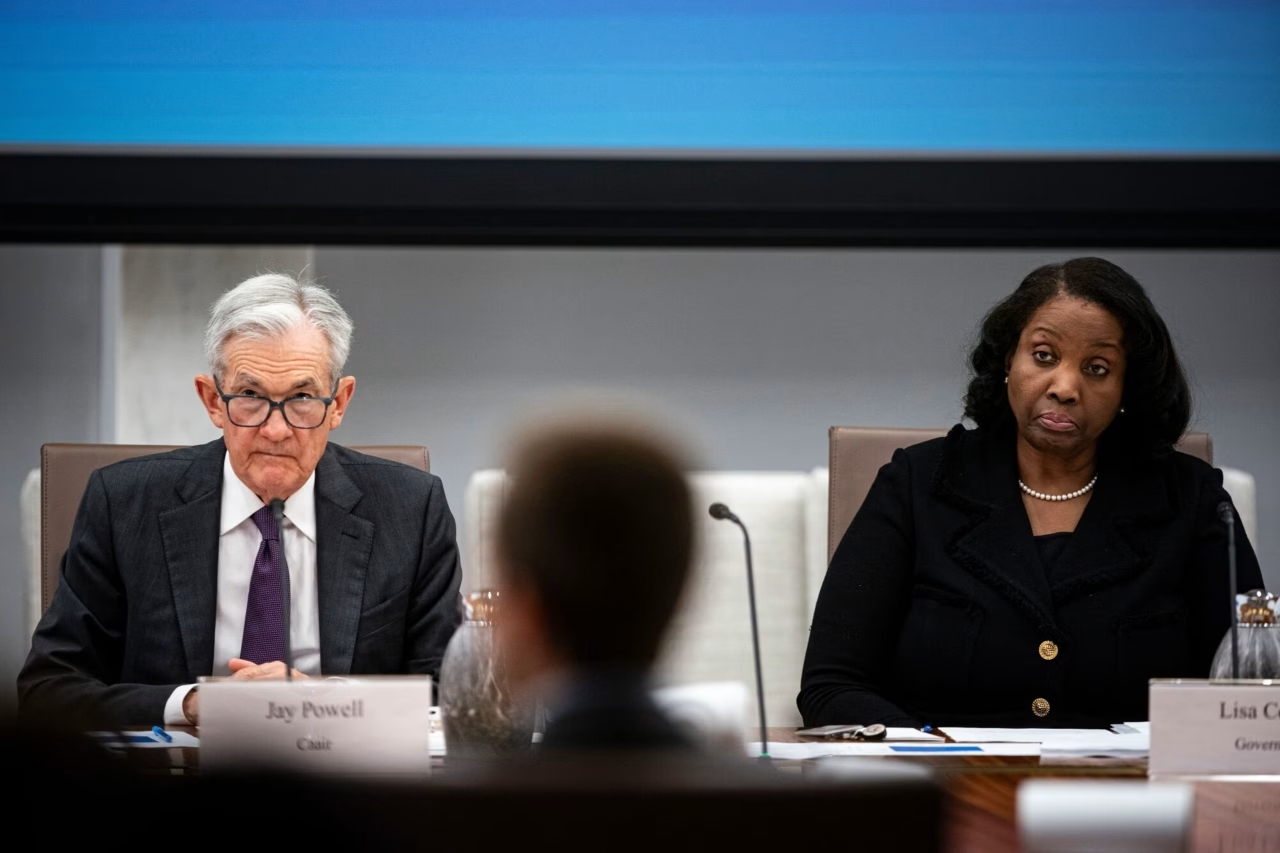President Donald Trump has announced his intention to dismiss Federal Reserve Governor Lisa Cook, alleging she engaged in misconduct related to mortgage applications. The move has set off a political and legal firestorm, raising deep concerns about the independence of the central bank.
Allegations Against Cook
The White House claims that Cook, who joined the Fed in 2022 and became the first Black woman to serve as a governor, misrepresented her residency on mortgage documents years before she took office. Trump labeled the alleged actions as “deceitful and potentially criminal.”
Cook has strongly denied the accusations, calling the decision unlawful. Her attorneys argue that a president does not have the authority to remove a Fed governor in this way, and they are preparing to challenge the action in court.
Legal Uncertainty
By law, Federal Reserve governors are appointed to 14-year terms and can only be removed “for cause.” That phrase has never been tested in court, and no president has ever tried to remove a sitting governor. Legal scholars say dismissing Cook over alleged past personal financial issues could set a dangerous precedent and erode the protections meant to shield monetary policy from political interference.
Market Reaction
The announcement rippled through global markets. The U.S. dollar weakened, gold prices rose as investors sought safe havens, and bond markets reacted with a mix of lower short-term yields and higher long-term rates. Analysts warned that the attempt to influence the central bank could undermine confidence in U.S. economic stability, even if courts eventually block the dismissal.
Political Strategy
Trump has repeatedly criticized the Fed for not cutting interest rates quickly enough, blaming its policies for slowing economic momentum. Removing Cook would give him the opportunity to nominate a replacement more aligned with his views. If successful, it could increase presidential influence over decisions that are supposed to remain independent of partisan politics.
What Comes Next
Cook’s legal challenge is expected to move swiftly, as the courts weigh whether presidential power extends to removing central bank officials. The outcome could redefine the balance of authority between the White House and the Federal Reserve, with long-term consequences for both financial markets and democratic institutions.
















Leave a Reply